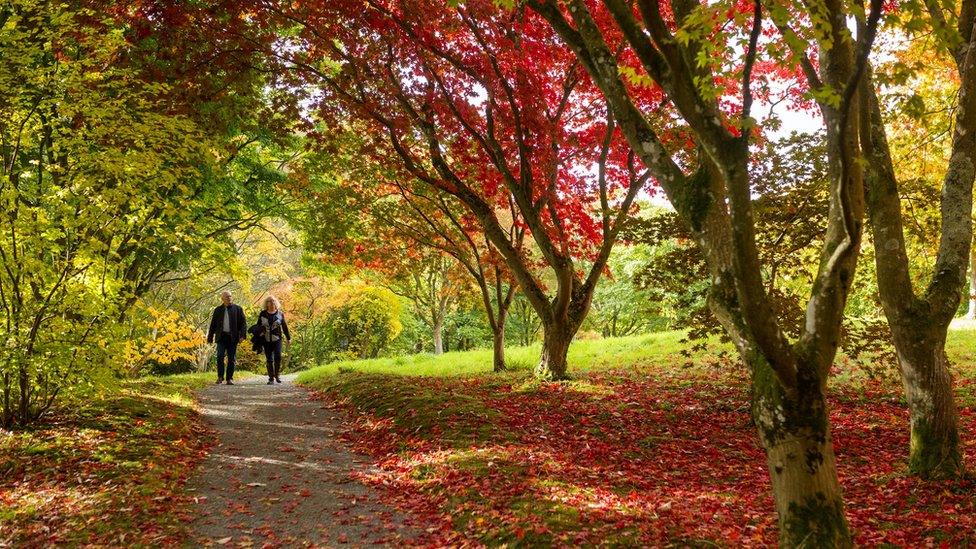Covid: 'Dark days' for tourism in Wales, but some 'silver lining'
- Published
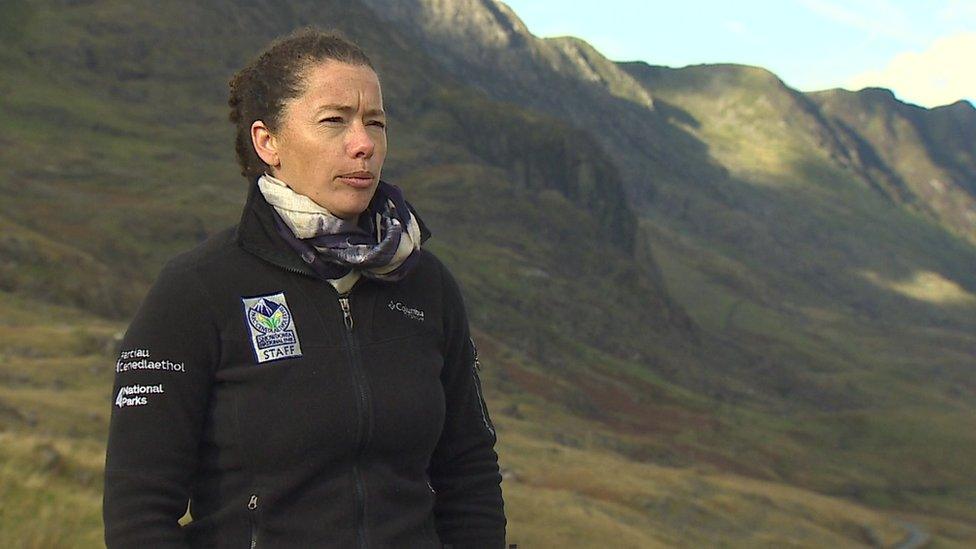
Helen Pye said there had been shift toward staycations, resulting in more visitors to Snowdonia
Wales' tourism sector faces "very dark days", with firms closing and hotels "mothballed" amid the coronavirus pandemic, an industry body has said.
Wales Tourism Alliance (WTA) said a Covid resurgence meant hopes of making up for several "lost months" had faded.
But some in the sector said it could be a chance to attract new visitors and improve sustainability.
The Welsh Government said a £1.7bn support package had helped and it was committed to delivering sustainability.
"If things pick up and businesses do make it through, then I think we're very well-placed to pick up customers that would normally have gone overseas," said Adrian Greason-Walker of the WTA, which represents thousands of firms.
"However, we've probably had five weeks of trade this year instead of what would normally be 20 solid weeks over the summer.
"At the moment things are dark."
It comes after the Welsh Government announced a ban on visitors travelling from coronavirus hotspots elsewhere in the UK, which came into effect on Friday.
That followed mounting tension over fears from some residents around an "influx" of tourists to areas not currently subject to lockdown restrictions in Wales, such as Ceredigion, most of Carmarthenshire, Powys, Pembrokeshire and Gwynedd.
A two-week "fire break" - a period with tighter restrictions to help break the trajectory of coronavirus cases rising in Wales - is also expected within days.
Mr Greason-Walker said about half of tourism businesses surveyed by the WTA feared they might not survive the next six months, with some facing the "worst possible scenario".
"If we can pick up any silver lining from this awful situation then it's that we can still offer people some respite from it all.
"I think we've seen a return to family holidays to Wales, whereas before they might have caught a flight to Spain and spent a week on a beach over there.
"We've got a fantastic landscape and environment here. We're going to have to come out of this crisis at some point."
One area significantly bucking the trend for reduced footfall was Snowdonia, with figures from Visit Wales suggesting more people intended to visit the national park than anywhere else in Wales over the next few months.
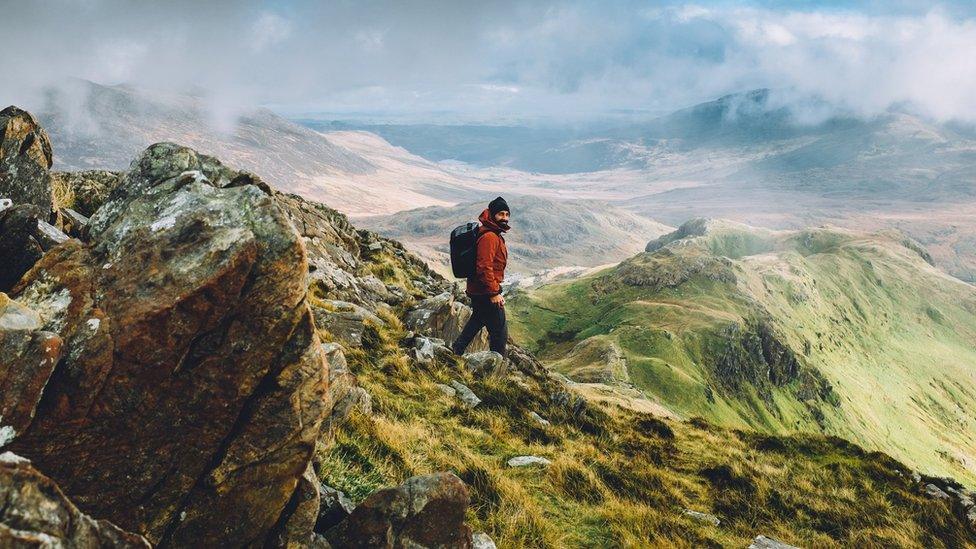
Wish you were here? Visit Wales said Snowdon was top of most people's to-do list in Wales
"I would say it's been the busiest summer that we have ever seen," said Helen Pye, the park's engagement officer.
"August was incredibly busy - and September the figures were up by about 40 to 50% compared to a normal year."
However, having large numbers of visitors concentrated in certain areas has heightened fears about over-tourism.
"The tourism industry is incredibly important to us, but we've been seeing a huge increase in the challenges we already had," said Ms Pye.
"There's been an increase in traffic, pollution and noise in the national park. We've also seen huge amounts of litter in the area and anti-social behaviour and fly camping."
However, she and others in the industry hope Wales can follow the lead of countries such as New Zealand and Iceland in introducing a sustainable tourism model - which would aim to spread visitors more evenly by promoting less well-known places.
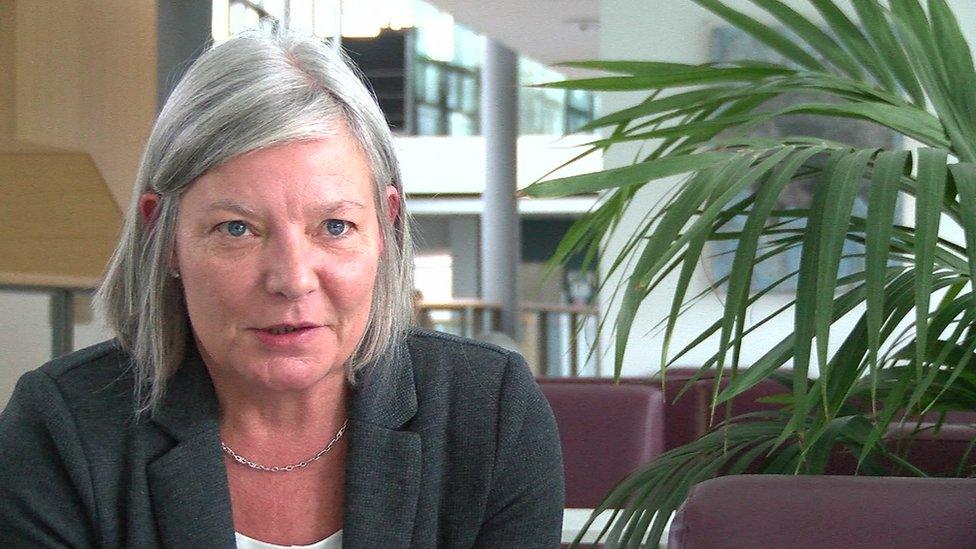
Louise Dixey would like to see a change to the way Wales is seen and treated as a destination
"Sustainable tourism is about reducing the negative impacts of tourism and maximising the benefits," explained Louise Dixey, from Cardiff Metropolitan University's Next Tourism Generation project.
"It's not about the number of visitors, but it's about how much they spend and whether their visit can benefit local communities.
"There needs to be an emphasis on almost de-marketing some of these hotspots like Snowdonia and marketing unheard of places in Wales to try and spread the visitor load and make it more manageable."
A winter break centred around long walks and dining out can be seen as bringing in far more benefit for less impact than a daytrip to the beach in the height of summer, for example, where the only expenses may be car parking and an ice cream.
However, for some, the strategy still would not go far enough.
Howard Huws, from Welsh language group, Cylch yr Iaith, said some Welsh-speaking communities had been feeling "overwhelmed" by the tourist trade for decades.
"We're constantly being told that the only way to deal with tourism is to bolster it further - but we are in a situation where it's already wreaking damage," said Mr Huws.
"People find themselves with few job opportunities - and any opportunities in tourism are seasonal and low paid.
"The cost of having those jobs is people then find themselves priced out of the housing market. We find ourselves unable to access the sites within our own landscape where tourism has taken control.
"They are talking about diversifying it and spreading it - but not about controlling it. Without controlling it - nothing is sustainable."
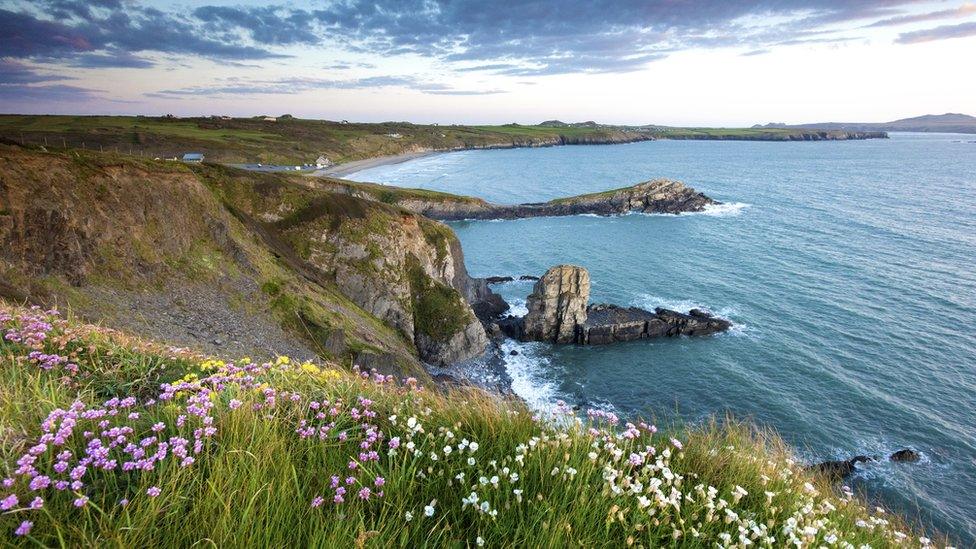
Wales' travel ban bars visitors from Northern Ireland, England's tier two and three areas and the Scottish central belt
Across the industry there is an acknowledgement coronavirus may have created a strange paradox, simultaneously crippling businesses while potentially increasing their future demand - as people switch from foreign holidays to staycations.
"There is a slight concern given the current situation that many tourism and hospitality businesses might not survive until spring 2021," said Ms Dixey.
"But there has been a surge in domestic demand. So we might actually be in a situation next year where market demand exceeds supply, particularly in relation to accommodation, which would limit the number of visitors."
The Welsh Government said its £1.7bn support package was the "most generous" in the UK and included a £500m economic resilience fund which had "helped protect the livelihoods of more than 100,000 people".
A spokesman added: "Over the course of the pandemic and in the coming years we will continue to listen closely to the people of Wales, the industry and visitors to ensure what we're delivering is sustainable and provides prosperity for everyone."
- Published6 October 2020
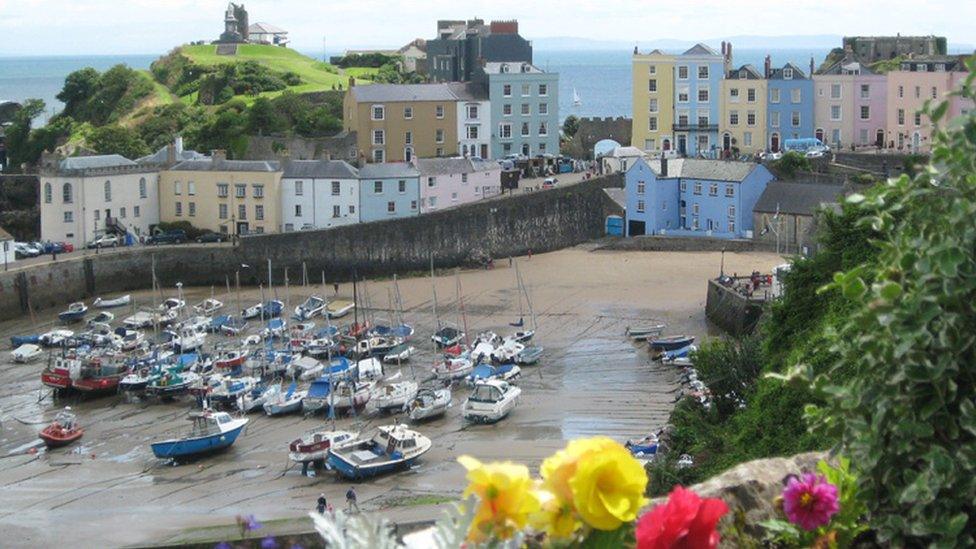
- Published4 September 2020
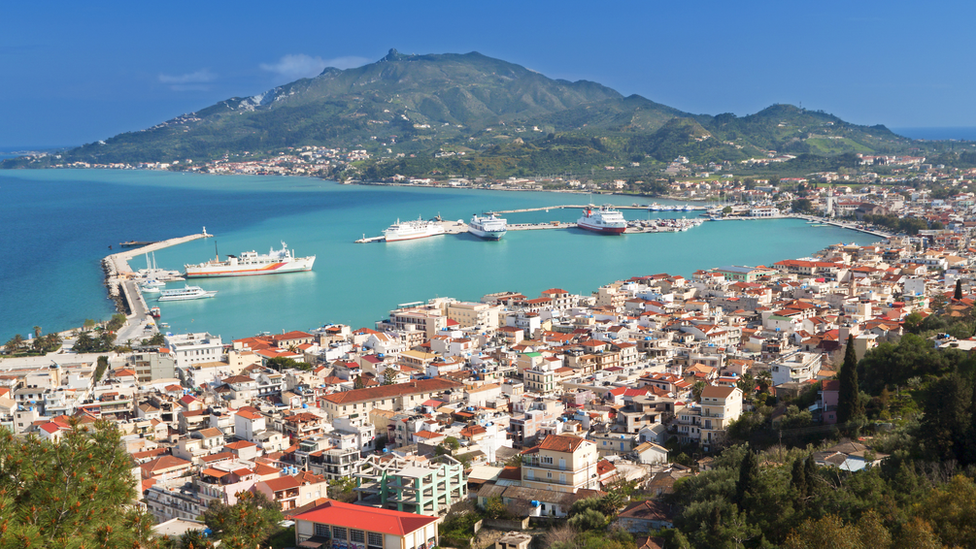
- Published1 October 2020
